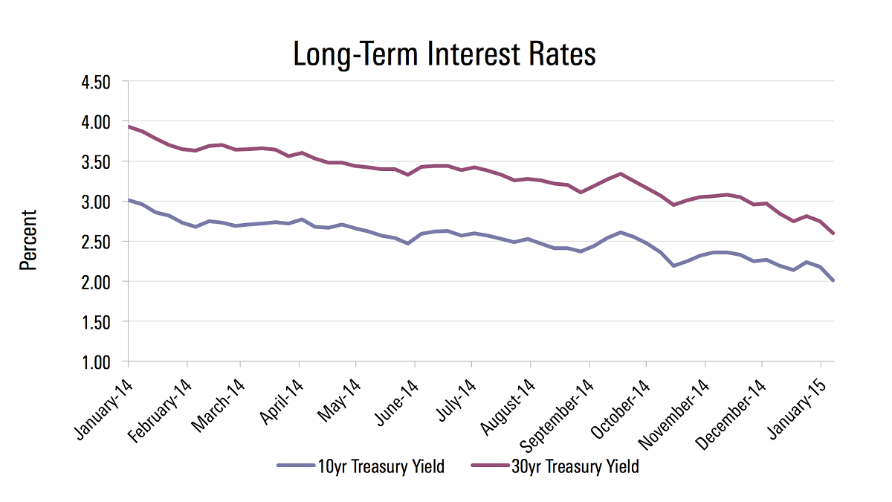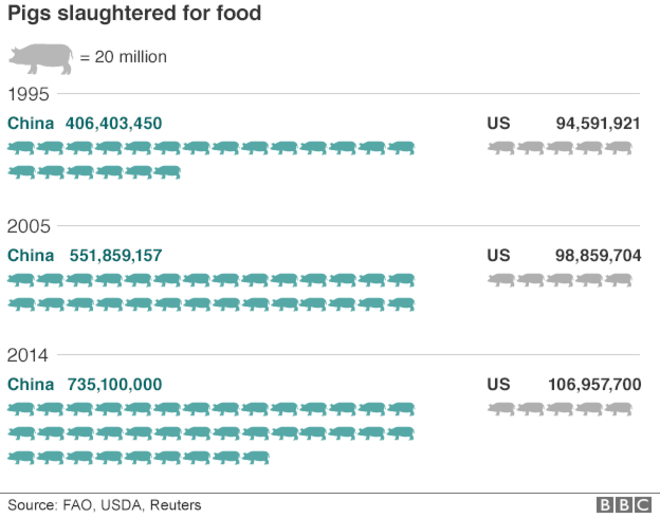Watching the Tape: A random walk through recent economic, market and business headlines, September 24, 2015, Cliché Edition
It is a cliche that most cliches are true, but then like most cliches, that cliche is untrue.
Stephen Fry
Throwing the baby out with the bathwater
Sometimes a good cliché is just the best way to say it. Clichés abounded last week after the Fed’s decision not to raise interest rates. Analysts quoted by the Wall Street Journal and Investor’s Business Daily offered insights such as: investors threw the baby out with the bathwater, traders counted chickens before they hatched, and – the most important principal of diversification – don’t put all your eggs in one basket.
Wall Street loves clichés; we discussed one of those in this space a couple of weeks ago: dead cat bounce. Other famous Wall Street clichés include:
• Buy low and sell high.
• Cut your losses.
• Buy the rumor, sell the news.
• Never catch a falling knife.
And so on. Surprisingly, take the bull by the horns is not a common Wall Street expression. In fact the word bull hasn’t been heard much on Wall Street since the end of July.
We came up with our own cliché for last week’s Federal Reserve decision: every rose has a thorn. Good news and bad news bundled in one announcement.
 The Roses- good news from the Fed’s decision:
The Roses- good news from the Fed’s decision: 
• The Fed is still confident that inflation is low.
• Low interest rates (should) continue to support the stock market.
• In 1937 the Fed raised rates too soon, which led to the second leg of the Great Depression. The Fed is not repeating that misstep this time.
• With rates near zero, the economy should continue to grow.
 The Thorns in the Fed’s decision
The Thorns in the Fed’s decision
• China was a factor in their equation. That’s a little unsettling.
• The economy is growing at a 2.2% rate. Based on that growth, a small rate increase was justified. Unless the Fed knows something we don’t…
• Rates will probably rise before the end of the year anyway.
• Since everybody else is using cliches, we’ll apply one from the South and personalize it to the Fed chair: “If Janet ain’t happy, ain’t nobody happy.”
Comment: Hard to believe how long it has been since the Fed raised interest rates. 2006 was the last year interest rates were raised in the United States.
The Fed is“all heart”…

According to the National Institutes of Health, a reduction of average national blood pressure points (BP’s) will save millions of lives. Rising basis points (BPs), however, may cause blood pressures to rise. Randall concluded that low BPs help lower BP’s, and thus, by not raising rates, the Fed saved millions of lives last week.
Comment: Perfectly logical.
Don’t look a gift horse in the mouth…
While the financial world absorbed last week’s Fed news, other random stories filtered through the business press, largely unnoticed. Below are a few stories we found interesting (each paired with a cliché).
Don’t cry over spilt milk
August global food prices fell at the fastest rate in seven years, according to a UN Food and Agriculture Organization (FAO) report released last week. Almost every category of food dropped in price, especially milk and grains. In just one month, food prices worldwide fell 5.2%.
Comment: Worldwide apparently doesn’t include our grocery store.
If pigs could fly…
In another food report last week, the FAO noted that the Chinese now eat more than half the pigs in the world. Pork is a favorite meat in China, but historically has been too expensive for low-income Chinese to afford. As China’s wealth has grown, so has the consumption of pork. The chart below shows the growth of China’s pig consumption over the past twenty years, compared to the growth of pig consumption in the US.
Comment: The Chinese call their traditional barbecue pork recipe “Char Siu”, which literally translates “fork burn”.
There’s no ‘I’ in ‘team’…
The first-ever remote studio coverage of an NCAA football game aired two weeks ago. By “remote coverage”, we mean the game announcers didn’t attend the actual game, but broadcast from a studio 2000 miles away. The network was FS1, owned by Fox Sports, and the game was Louisiana Tech versus Western Kentucky, played in Bowling Green. The announcers – Rob Stone, Kirk Morrison and Dave Wannstedt – broadcast the game from a Los Angeles TV studio.
A few days later, the Miami-Florida Atlantic game was broadcast remotely from the same LA studio.
Remote broadcasts are expected to save big bucks on logistics, travel, salaries and time.
Reactions to the remote broadcasts are mixed. Many viewers describe the coverage as “weird”.
Comment: ESPN is experimenting with remote coverage of NCAA basketball games.
It’s the journey not the destination…
Two of Uber’s competitors announced a worldwide alliance last week. San Francisco-based Lyft and China-based Di Di joined forces – and apps – to take on Uber. Here’s what that means: customers of Lyft may now catch a Di Di ride in China, and customers of Di Di can catch a Lyft in the US. Payment is made automatically by the joint app, denominated in the passenger’s native currency.
Comment: Meanwhile Uber now serves 60 countries.
Cross that bridge when you come to it
Common Good reported last week that it now takes an average of ten years to get a public building project – such as a new bridge or highway – past regulators. Blame everybody: delays are created by almost any federal, state or local agency – or even any charitable organization – that wants to oppose a project for almost any reason.
Delays impede economic growth and cost U.S. taxpayers more than $3.7 trillion, according to Common Good, which proposes a regulatory “gatekeeper” to reduce the average public works approval time to two years.
Comment: The process is driven by fear of litigation.
It’s not where you start but where you finish

In looking at the 115 year chart of the DJIA above, several clichés come to mind: Think long-term. Aim for the stars. Remember all that glitters isn’t gold. Give as good as you get. Don’t jump the gun.
In conclusion, go with the flow but if you can’t stand the heat, get out of the kitchen.
Comment: And grab the bull by the horns.
